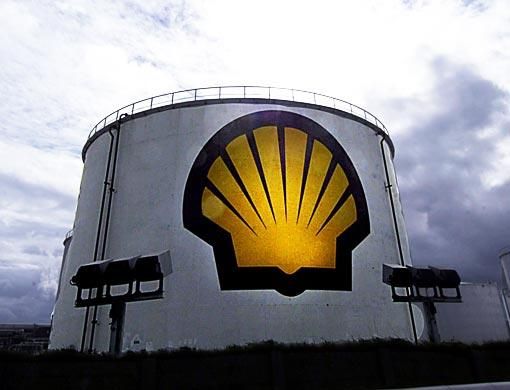London: Royal Dutch Shell said its oil and gas reserves held stable in 2007 despite expectations of a drop, but added its growing focus on unconventional projects would limit growth until after 2010.
The world's second-largest non-government controlled oil company by market value, said yesterday that total net reserves were 11.9 billion barrels of oil equivalent (boe) at the end of 2007, in line with the level at the end of 2006, boosting its shares.
"There's cause for more optimism... the reserves seem like they're there," ING oil analyst Jason Kenney said.
Shell's London-listed 'A' shares traded up 0.5 per cent at 1,723 pence at GMT, compared to a 2.1 per cent drop in the DJ Stoxx European oil and gas sector index.
Shell said it was helped by strong exploration success which added 1.4 billion boe of resources, helping push the total resource base to around 66 billion boe. Increasingly, this portfolio is made up of "unconventional" oil and gas projects.
The Anglo-Dutch oil major said its resource base held the potential of 2-3 per cent output growth annually. However, a spokes-woman said the portfolio was "geared toward growth after 2010".
Chief financial officer Peter Voser said in January that output was likely to drop "slightly" this year, while last year, Shell said it was targeting 1-2 per cent growth annually to 2010 and 2-3 per cent thereafter.
"Much of the update is a restatement of the strategy that has been in place since 2004 and therefore the issue going forward is really about delivering this growth - an area in the past where Shell [and BP] have disappointed," Richard Griffith at Evolution Securities said.
Shell has said its Reserves Replacement Rate (RRR), the rate at which production is matched with new finds, was only 17 per cent, down from 158 per cent in 2006, due to the accounting treatment of the sale of part of its stake in the Sakhalin-2 project in Russia.
The low RRR reflects an industry-wide problem of adding new reserves as resource-holding nations increasingly hold back their best fields for their own national oil companies.













